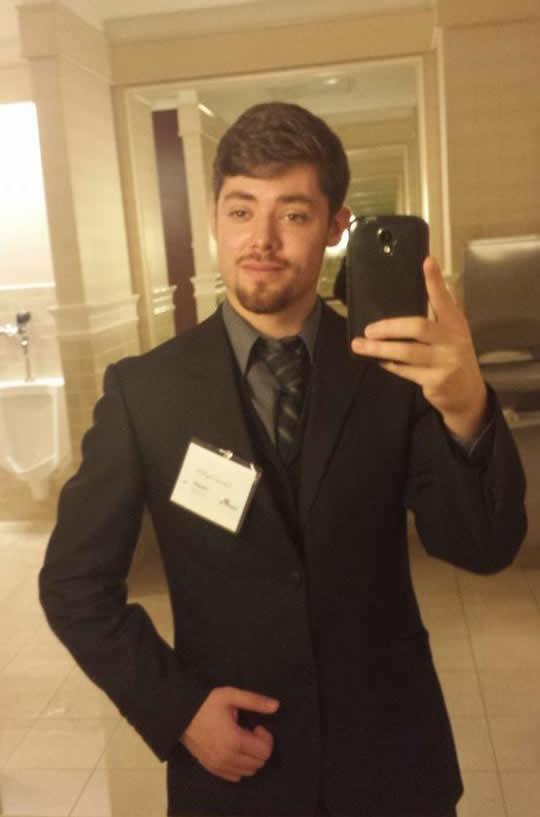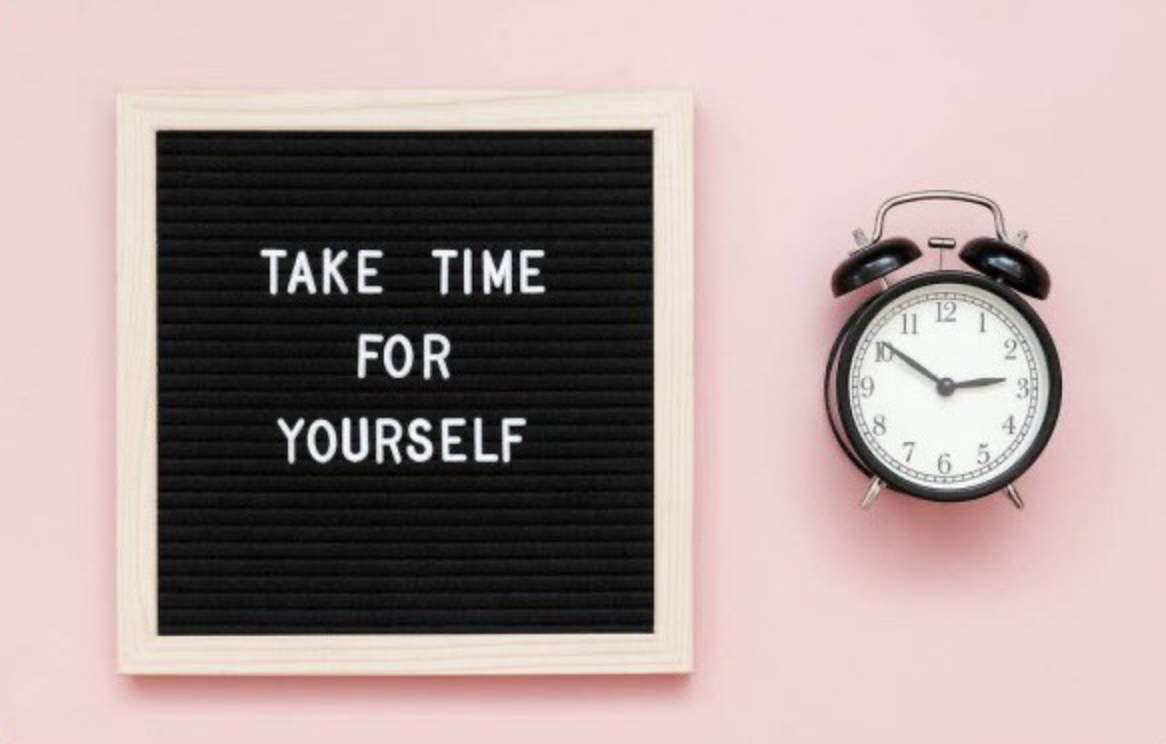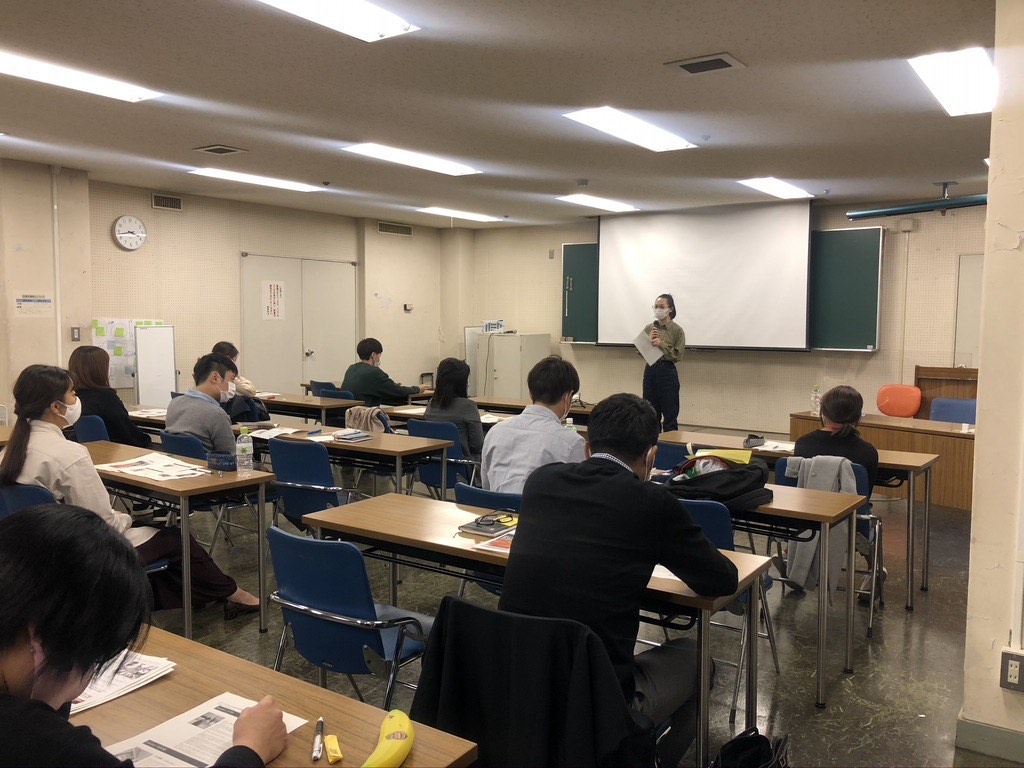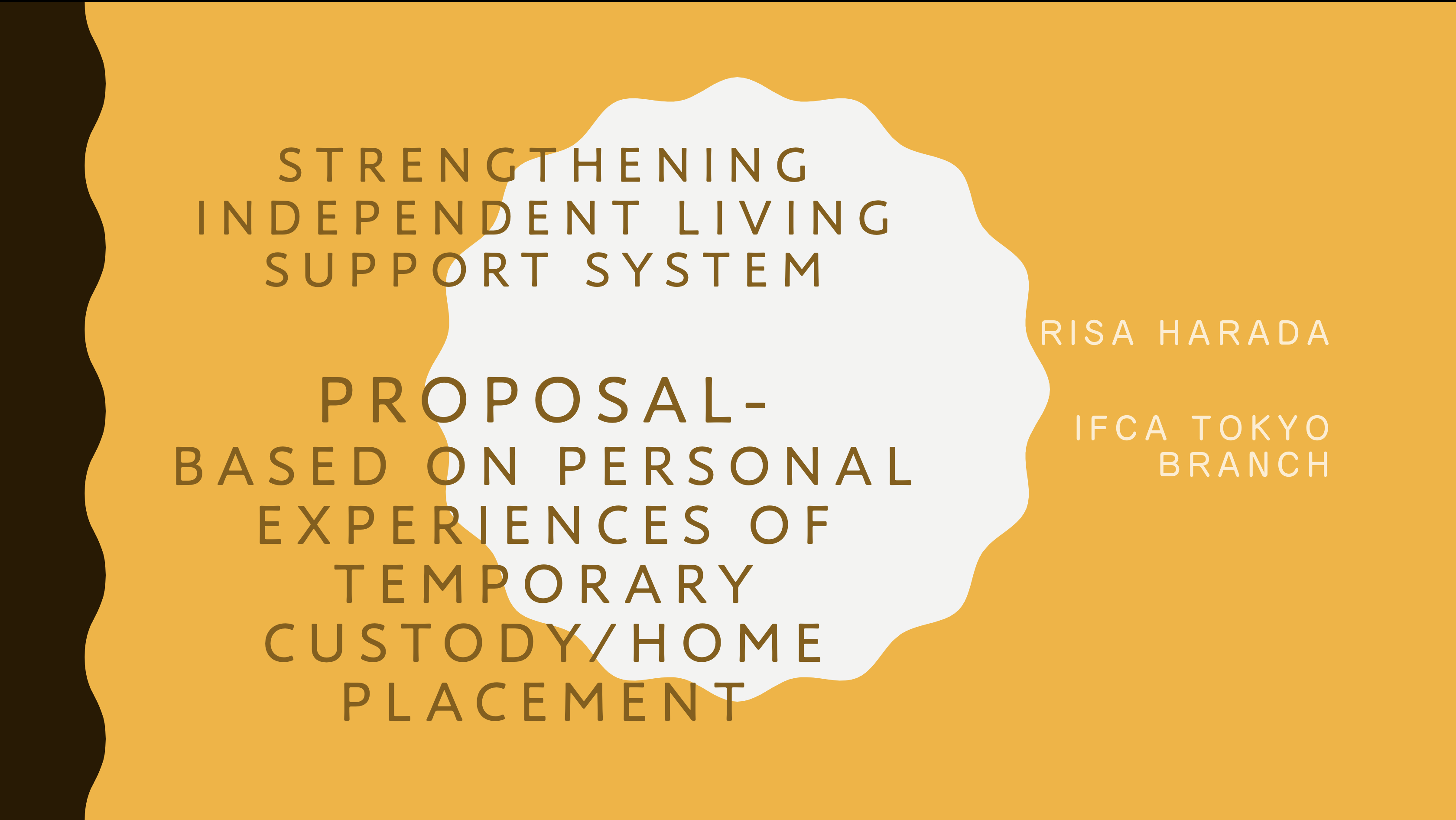David Inglish
On February 5, I aged out of Washington State’s Foster Care to 21 Program. Ten years of foster care, and on this day I was finally leaving for good. Now that I was 21, exiting seemed uneventful, not like when I was poised to age out at 18.
Before I signed the contract to extend my time in care another three years, I was scared. I had no idea what I was doing and I knew I wasn’t ready to be on my own. I felt like I was going to have to figure everything out by myself. The extra time in care really helped me prepare for adult life. I learned how to be independent and handle new responsibilities, like doing taxes, budgeting and balancing my social life with school and work. And I had the assurance that if anything unexpected happened, I had a place to turn for support.
I have to say that foster care is not perfect. During my decade in care, I struggled with feelings of being alone and out of place no matter where I went. I tried to figure out ways to hide, or avoid the fact I was in care. And I struggled with the feeling that nothing was permanent in my life. Based on my experiences, I think there are some important things that need to happen to really help youth in care; we need to make sure those who are not adopted or reunified with their families are prepared to age out. I also believe:
● We should not have more caseworkers than we have family members. Streams of caseworkers should not come in and out of our lives. One person should stay and be consistent, and it’ll make a world of difference. I remember three of my caseworkers, but I know I had at least 10. There were so many times when I was made to feel like I was just a case file, and not a real person.
● We should never feel alone. Youth have the right to feel that we have people in our corner to help us along and tell us the world is not falling down. The few times I felt truly welcome were when I spent time with other foster youth. It is essential to give young people opportunities to connect with others in state care.
● We should be connected with resources. It is a struggle to access the opportunities that are out there for us. Every day it seems I find another resource which, had I known about earlier, may have changed my life. Things like A Home Within’s therapy for foster youth, YMCA’s independent living program or the educational training voucher that someone told me I was not eligible for, and I later found out I was.
What I’m trying to say about the foster care system is this: We are the children of the state. The state is our parent, yet we are sometimes treated like transactions when we should be given the opportunity to live something like a normal life.
Still, as I look back, I know that I have come a long way and foster care has helped me do some great things. In the past, I was often so caught up in my fear of failing that I didn’t have faith in myself. But I changed so much because of the experiences I had in foster care and the people who encouraged me to reach a little bit further than I believed I could.
Without being in care, I would not have had the opportunity to succeed as much as I have. I am attending a university and pursuing my Bachelor’s in Social Work, even though I thought I was not smart enough. I am independent even though I thought I would not be able to survive alone. I learned to keep fighting for what I want, to not give up on the things that I believe in. I learned the importance of others in my life, like my foster parents and those who inspire me. And I learned that what I want so much is to learn more. I now work with several non-profit organizations to advocate for foster youth in the United States and internationally, and I plan to pursue a master’s degree.
To the current and former foster youth that may be reading this, I want to tell you that you are strong enough for anything that comes your way. You have the ability to make a difference. You have so much potential. Even if you feel like the odds are against you, or that you have no opportunities, never give up. Reach out, and reach high.








Leave a Reply